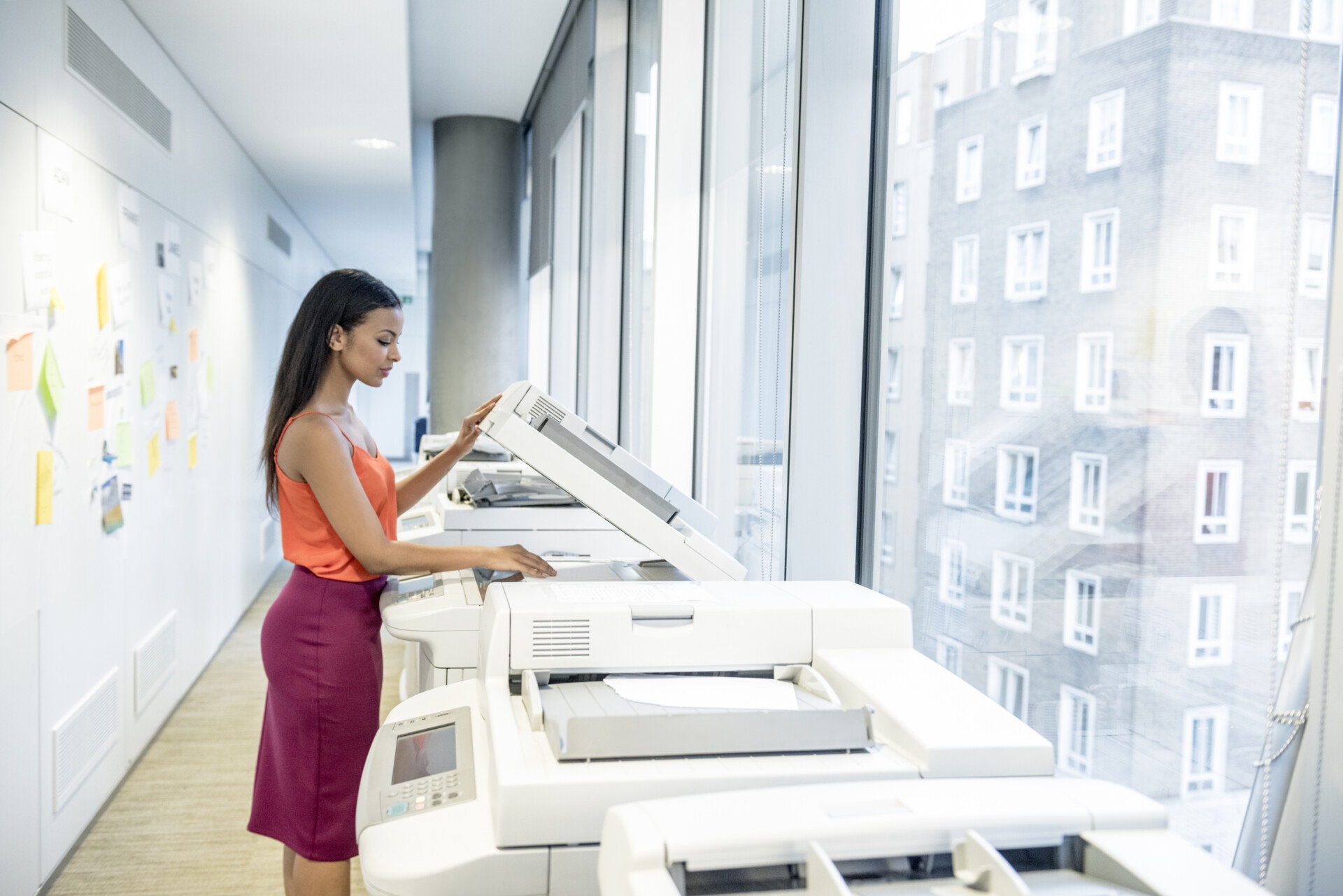So, you’ve decided you need equipment for your small business, but you don’t know whether financing or leasing is the right choice.
Below, you’ll learn:
- What equipment financing is
- Types of equipment financing
- What equipment leasing is
- Types of equipment leases
- How to decide between buying and leasing equipment
Let’s get started.
What is Equipment Financing?
Equipment financing means using a loan to buy equipment for your business.
Types of Equipment Financing
Equipment loans, term loans, business credit cards, and merchant cash advances are used to finance equipment. Let’s take a quick look at each option:
-
- Equipment loan: this is designed for financing equipment, and may have a term that is the same or shorter than the equipment’s useful life. You may need to offer the equipment itself as collateral.
- Term loan: a term loan can not only be used for equipment, but also other purposes. So, if you have a few business needs in addition to equipment, consider a term loan. This financing option can have a repayment period of anywhere between one year and 25+ years.
- Business credit card: a business credit card – particularly one with a 0% APR introductory period – is worth considering for relatively inexpensive equipment. Just make sure you avoid high interest payments.
- Merchant cash advance: due to its adjustable repayment structure, a merchant cash advance (MCA) might make sense if you have unpredictable operating cash flow. The APR is often on the higher end, though.
What is Equipment Leasing?
Equipment leasing refers to an agreement allowing a lessee to use equipment for a period of time in exchange for payments to an equipment dealer or leasing company.
Types of Equipment Leases
Operating leases and capital leases are two types of equipment leases. Below, we look at each option:
Operating Lease
- Lower monthly payments
- Gives you the option to purchase the equipment at the end of the lease term for fair market value.
Capital Lease
- Higher monthly payments
- Gives you the option to purchase the equipment at the end of the lease term for a low price, possibly $1 or 10% of the purchase price of the equipment.
The decision between an operating lease and a capital lease depends largely on your desire to own the equipment beyond the lease term.
Should You Finance Equipment or Lease Equipment?
Below, we give you the information you need to decide between buying and leasing equipment.
Finance Equipment
Let’s start by looking at how to finance equipment:
There are two things to decide:
- Type of financing: while an equipment loan is an excellent option, you can use other types of financing, such as a term loan, Small Business Administration (SBA) loan, or short-term loan to purchase equipment.
- Source of loan: you can get financing from a commercial bank, online lender, or other source. With a commercial bank, you might have to wait a long time to secure financing – and several documents may be required. With an online lender, on the other hand, fast and easy financing is possible.
After deciding on the type of financing and the source of the loan, you have to submit an application. Before embarking on this process, clarify the steps involved – you don’t want to deal with surprises.
You may want to finance equipment if the following conditions are met:
- You expect the equipment to depreciate very slowly.
Let’s say you’re looking at equipment that costs $20,000. You also have the option to lease for $200 a month ($2,400 per year). But you expect the equipment to depreciate at a rate of $1,000 per year. In this case, financing might be the right choice.
- You have the ability to easily make minor repairs.
If you finance equipment, you are likely responsible for many potential issues. If you have the time and expertise – or someone on your staff has the time and expertise – to make minor repairs, buying becomes a more attractive proposition.
- You have access to attractive financing.
If you can secure a loan with a low interest rate, financing equipment is a more appealing option – all other things being equal.
- You want to keep the equipment for a long time.
Let’s say you have your eye on a piece of equipment that you expect to remain useful to your small business for decades. In this case, you may not want to go through the trouble of constantly renewing the lease – even if the costs of financing vs. leasing are similar.
Learn how you can deduct capital equipment for your small business.
Lease Equipment
You can lease equipment through an equipment dealer (if they have an in-house leasing department) or a leasing company.
Here are a few things to keep in mind with leasing equipment:
- Paying on time – or not paying on time – may impact your credit score.
- Your lease payments might be tax deductible (consult with a professional on this).
- As stated earlier, you may be able to buy the equipment for a predetermined amount at the end of the lease.
You may want to lease equipment if the following conditions are met:
- You expect the equipment to depreciate very quickly.
So, you have done the math on leasing vs financing and factored in the costs of financing, the costs of leasing, and expected depreciation – maybe with the help of your accountant. You determine that the equipment is likely to depreciate very quickly and you can lease the equipment for a reasonable monthly payment. In this example, leasing might be the right move.
- You don’t want to deal with minor repairs.
Let’s say – for whatever reason – you don’t want to deal with minor repairs to your equipment. A lessor would be responsible for taking care of issues caused by usual wear and tear.
- You don’t have access to attractive financing.
If you are only offered loans with high interest rates, leasing might be a more cost-effective option.
- You expect to want to upgrade your equipment in the near future.
This is typically a consideration with technology. If you acquire a dozen computers this year, for example, there’s a good chance you want to upgrade in a few years. You might be able to resell the equipment, but your time is likely better spent on other tasks.
Reaching a Final Decision
To decide between financing and leasing equipment, you should start by looking at our conditions and see which option “wins.”
From there, you should consider the importance of each component to you. Maybe you really don’t want to deal with repairs, for example.
But what if you’re struggling to reach a final decision?
Financing vs. leasing equipment is a major decision, after all.
Gravity Payments is proud to offer competitive Working Capital funding, and would be happy to help you weigh your options. Feel free to give us a call at 866-701-4700.




